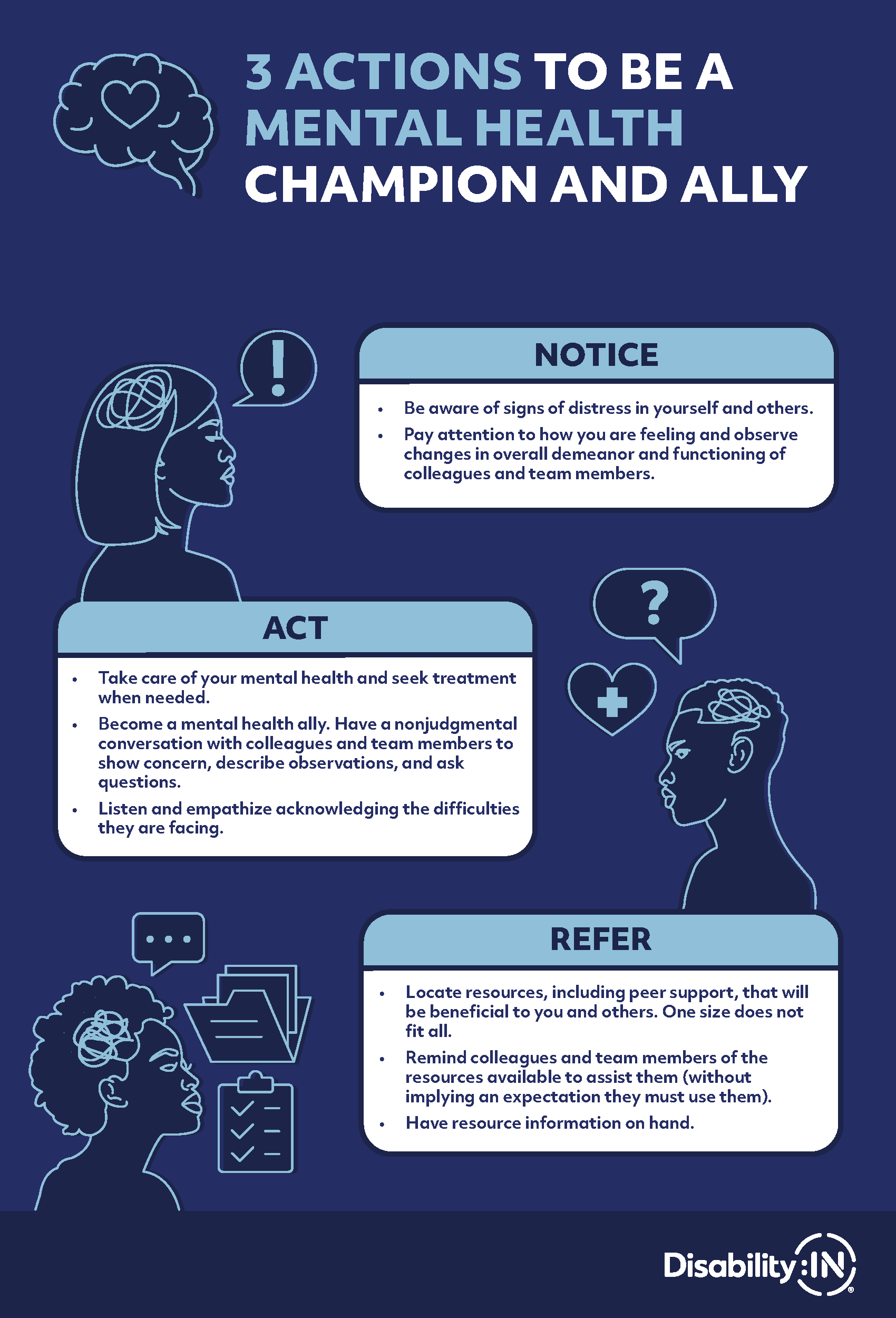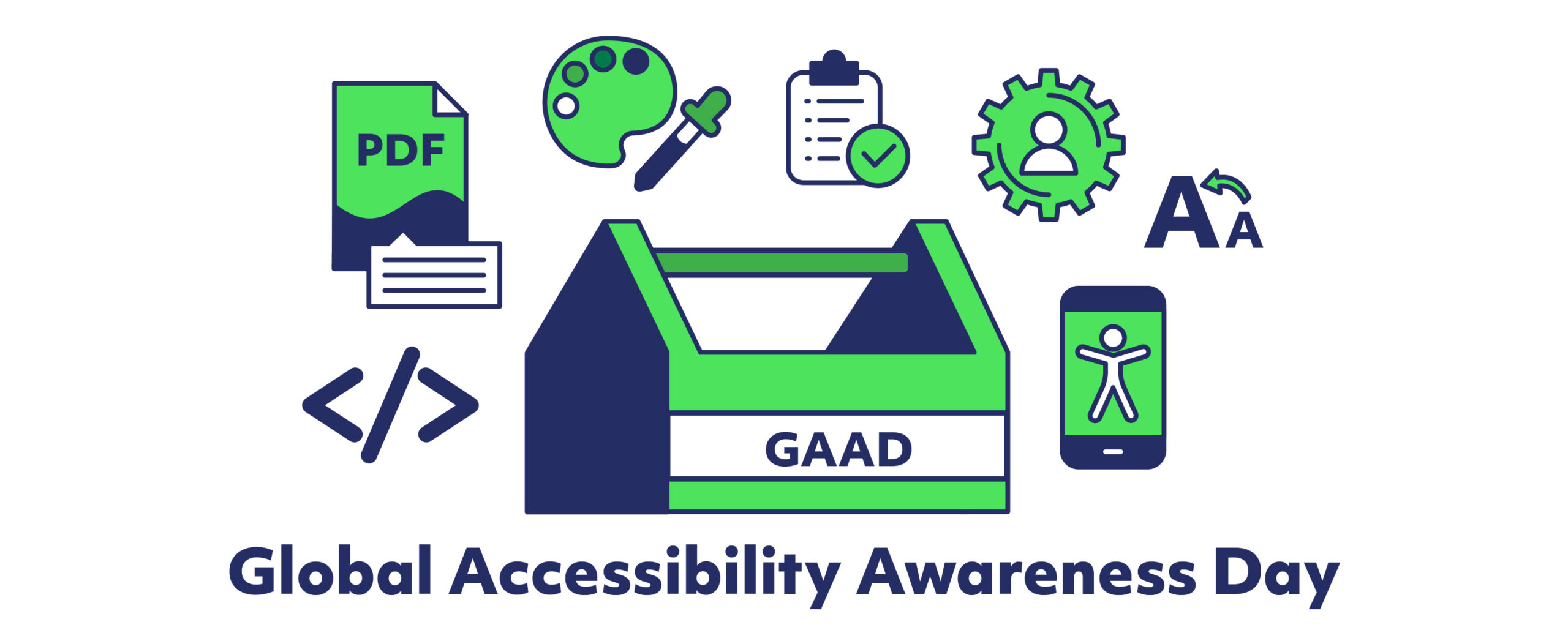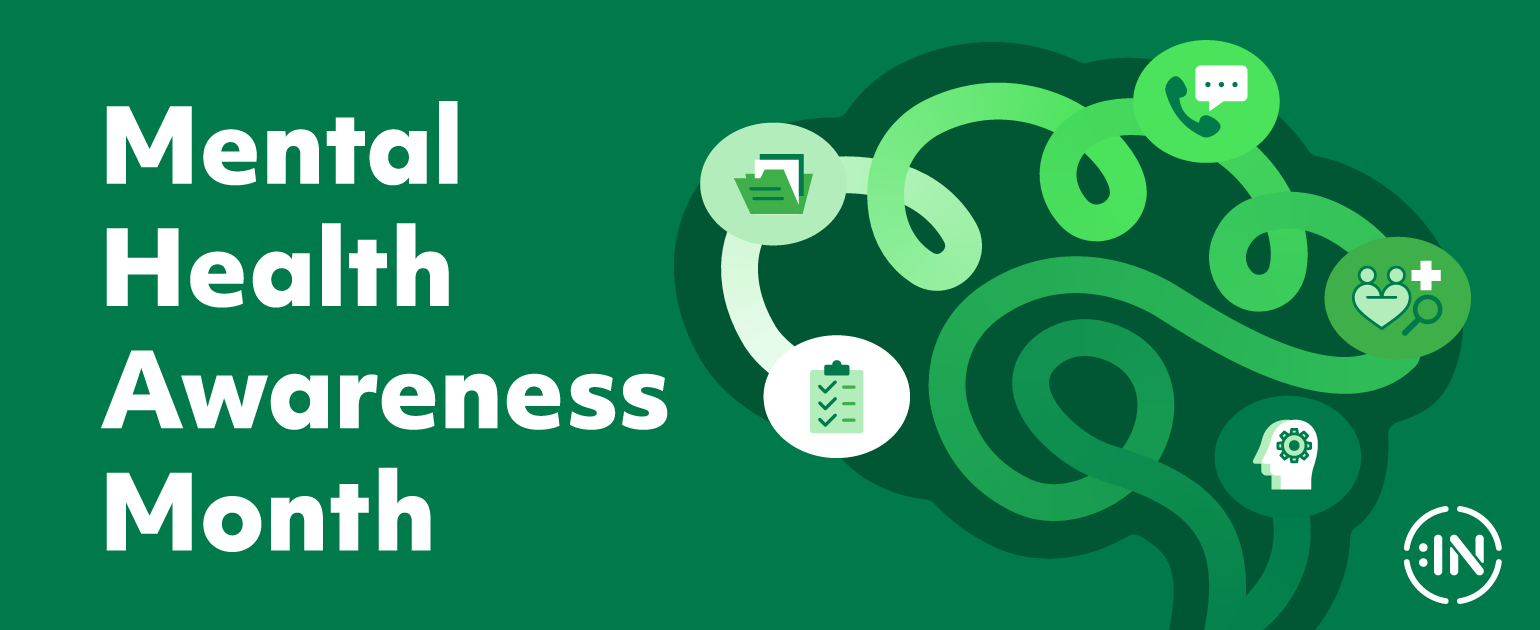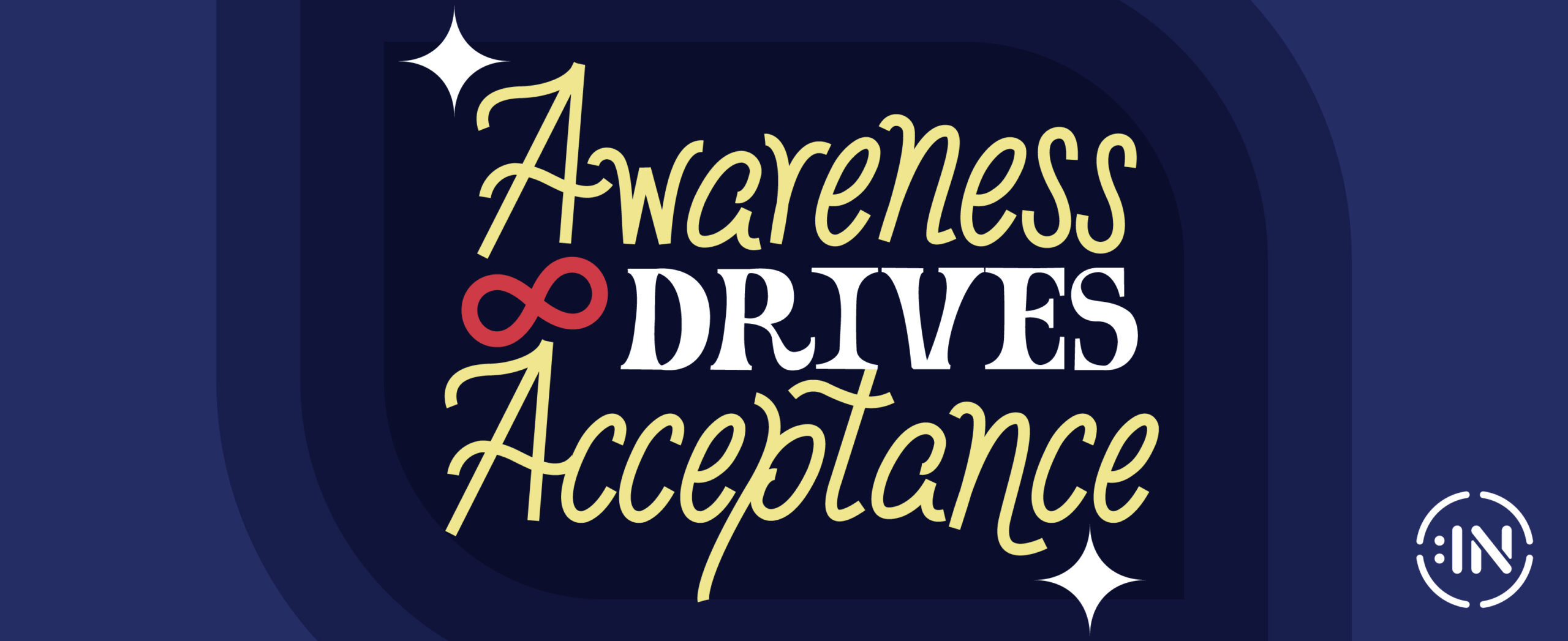Observed each year in the United States for the month of May, Mental Health Awareness Month is a critical conversation for corporate America. This important topic takes a global stage on October 10th for World Mental Health Day.
Leslie Wilson, EVP of Global Workplace Initiatives at Disability:IN, is passionate about this topic and helping corporations (including the 100+ companies participating in Inclusion Works) understand their role in building an inclusive workplace. Considering mental illness is the leading cause of adult disability today due to lack of early intervention (One Mind at Work), it is important for corporations to join IN the conversation and efforts around mental health.
We know that although 90% of workers have been touched by mental health challenges (Accenture), either personally or through someone they are close to, the fact remains that there is still stigma associated with the illness. The stigma is as great a challenge as the disease itself, which is why only 33% of the people who need help will get it due to societal stigma and fear of repercussions at work (MHFA).
According to Mental Health America’s recent Mind the Workplace 2022 Report, important strategies to improve employee mental health outcomes include company leadership investment, managerial support, and employee empowerment.
When employers recognize this and create a culture that supports worker’s mental health, workers are more likely to speak openly, know where to go for help or advice and are more than twice as likely to love their jobs (Accenture).
For Mental Health Awareness Month, Disability:IN recommends three actions to be a mental health champion and ally: Notice, Act, Refer. (Jump to Infographic)
Get the help and support you need and learn how to recognize and support a colleague who is experiencing a mental health challenge. The fact is by caring for each other and sharing our stories, we can de-stigmatize mental illness in the workplace and encourage more people to seek the treatment they need.
Infographic Content
-
Notice
- Be aware of signs of distress in yourself and others.
- Pay attention to how you are feeling and observe changes in overall demeanor and functioning of colleagues and team members.
-
Act
- Take care of your mental health and seek treatment when needed.
- Become a mental health ally. Have a nonjudgmental conversation with colleagues and team members to show concern, describe observations, and ask questions.
- Listen and empathize acknowledging the difficulties they are facing.
-
Refer
- Locate resources, including peer support, that will be beneficial to you and others. One size does not fit all.
- Remind colleagues and team members of the resources available to assist them (w/o implying an expectation they must use them).
- Have resource information on hand.
Additional Resources on Mental Health
- Previously Recorded: Disability:IN Minority Mental Wellness Webinar: Access Webinar Recording via Zoom
- Roadmap to Mental Wellness in the Workplace
- Corporate Best Practices on Mental Health – sourced from the Disability Equality Index
- Organizations: One Mind at Work, Mental Health America, National Alliance on Mental Illness




